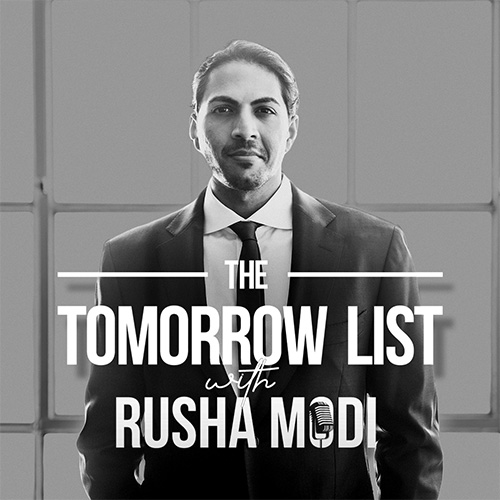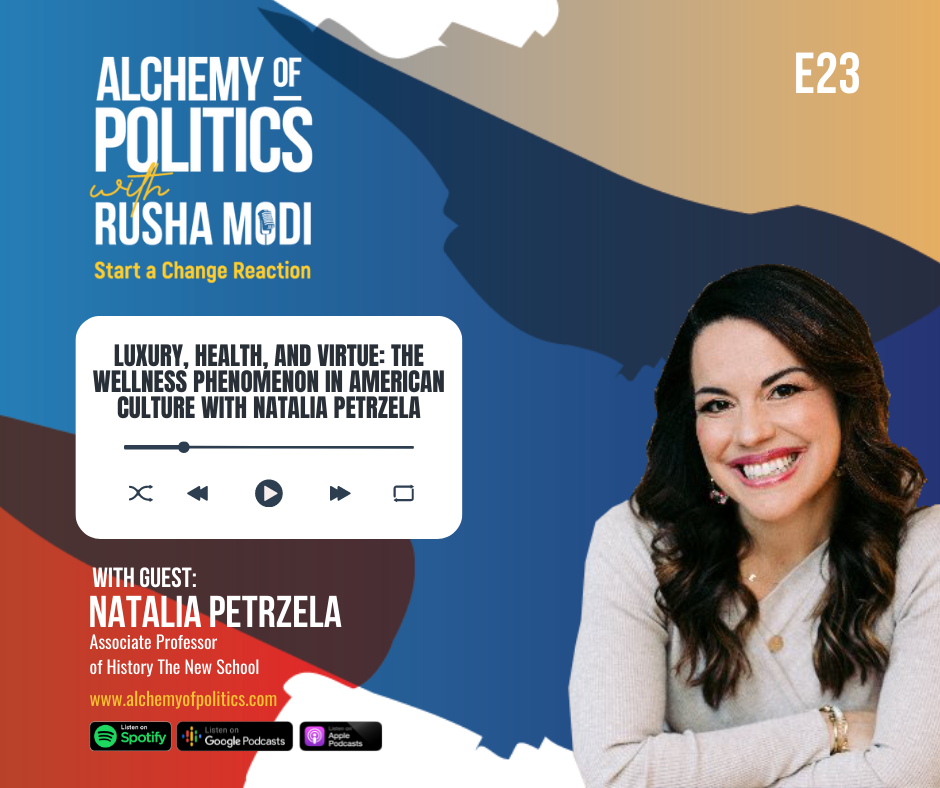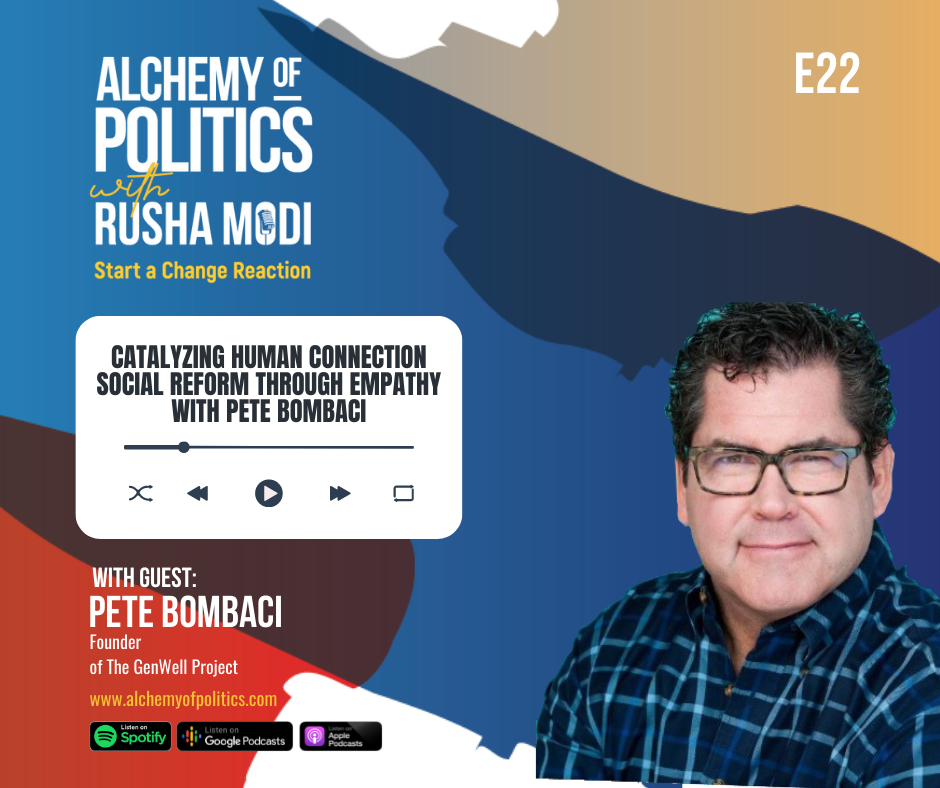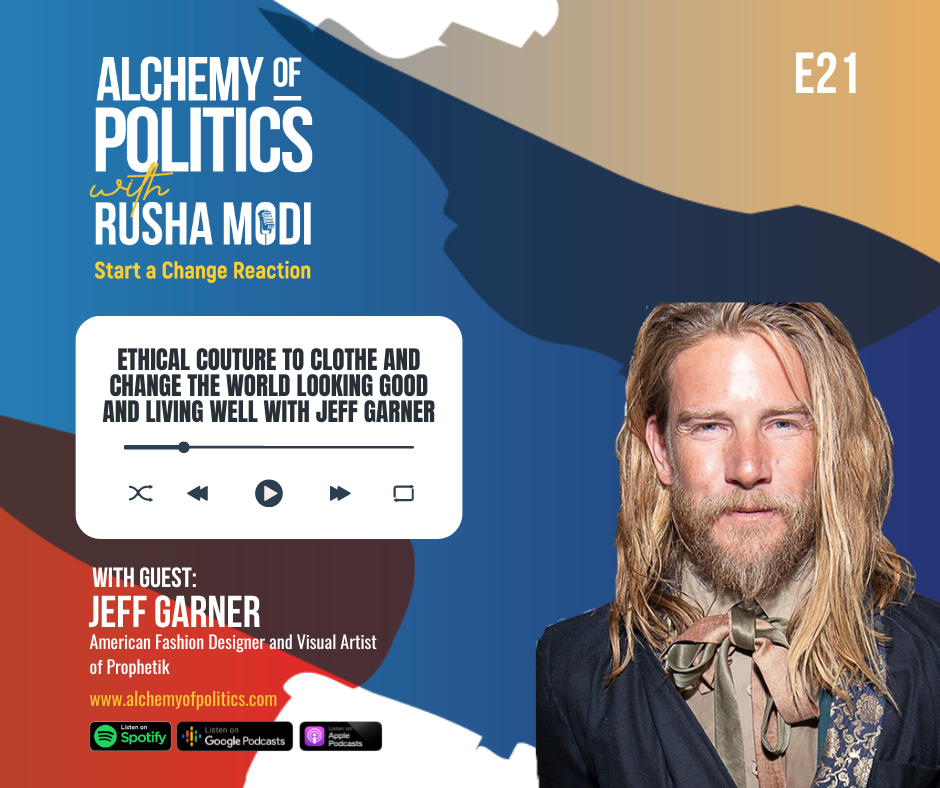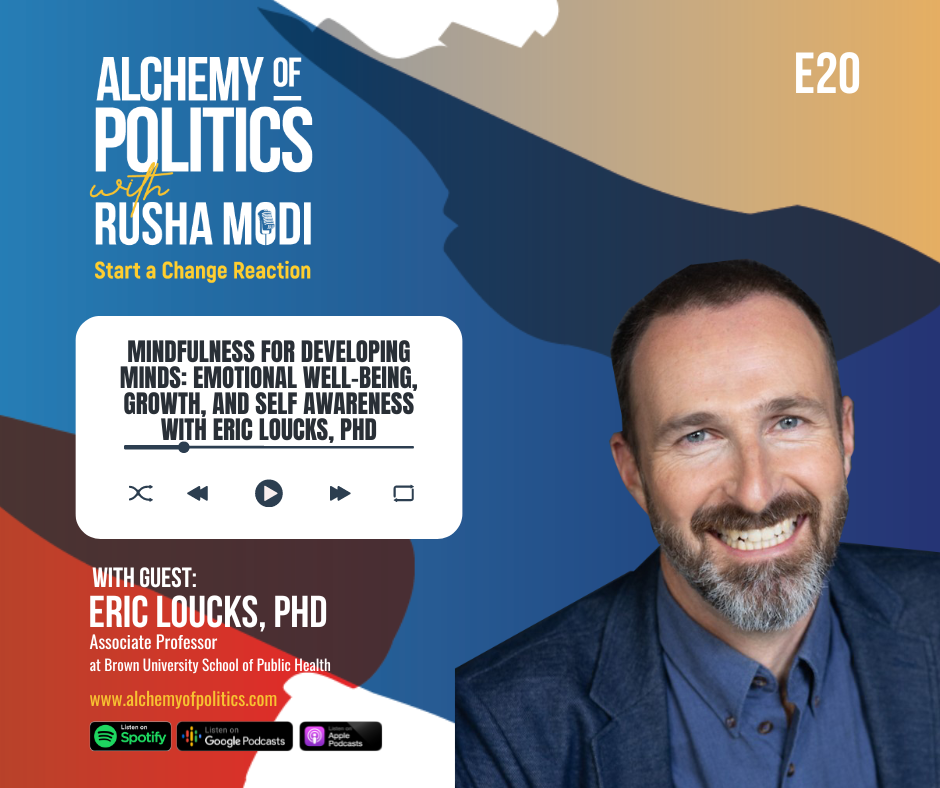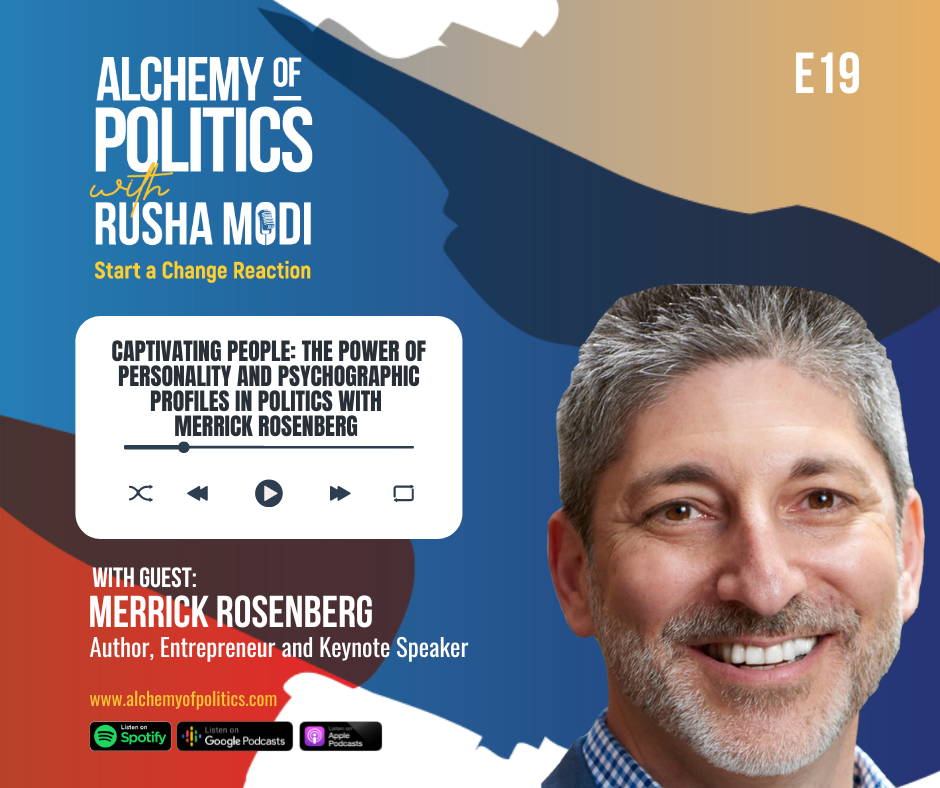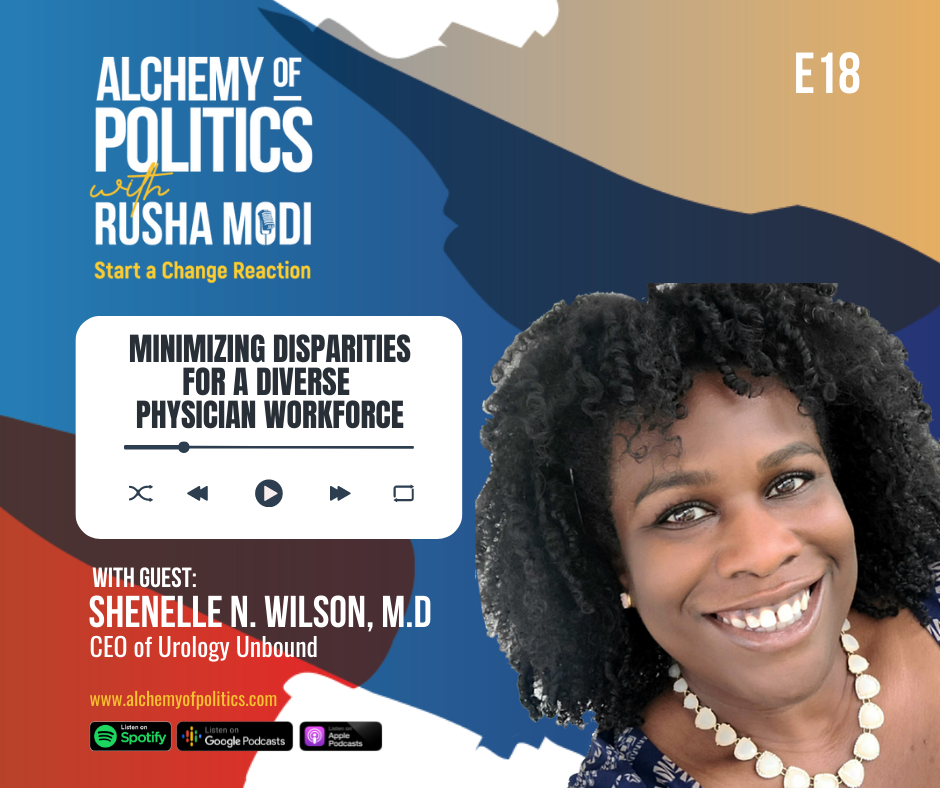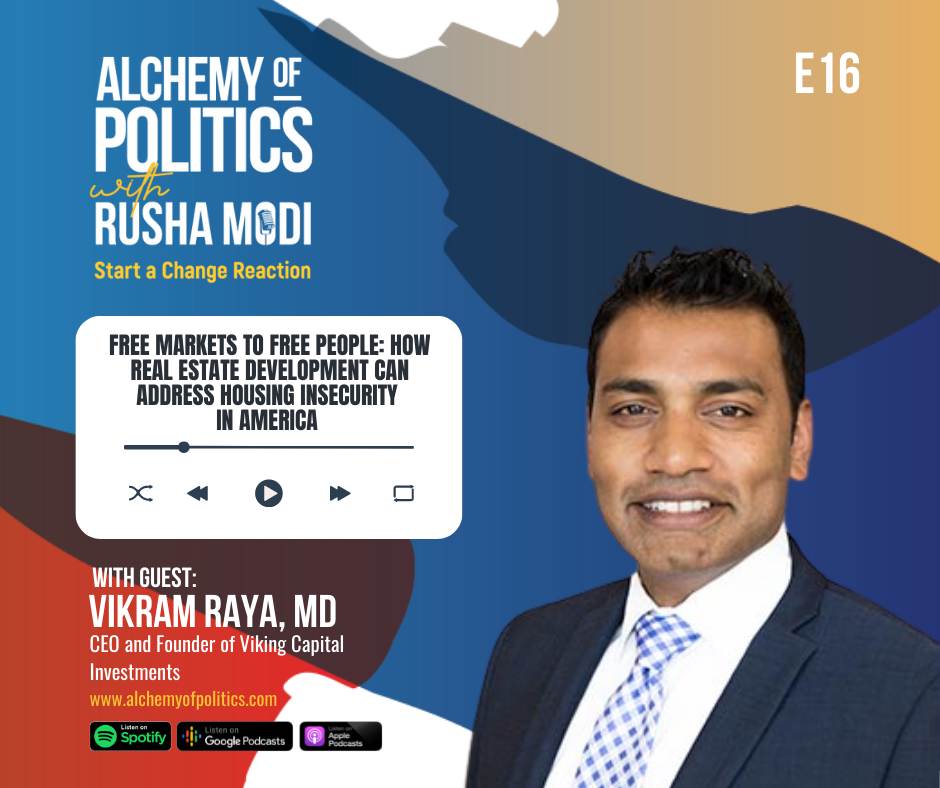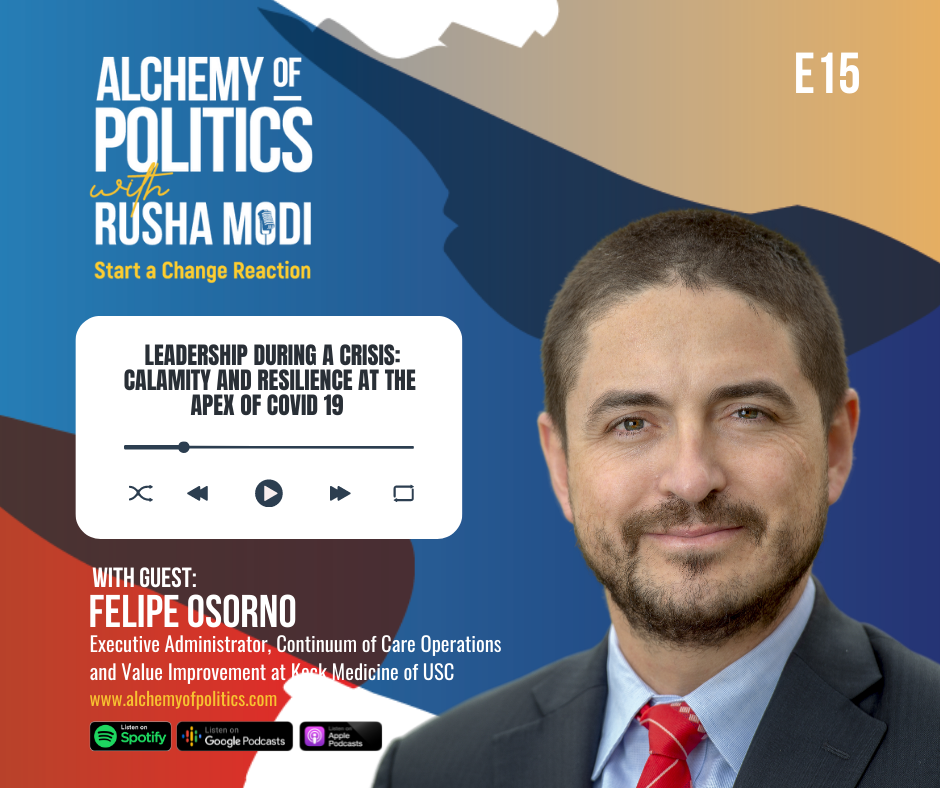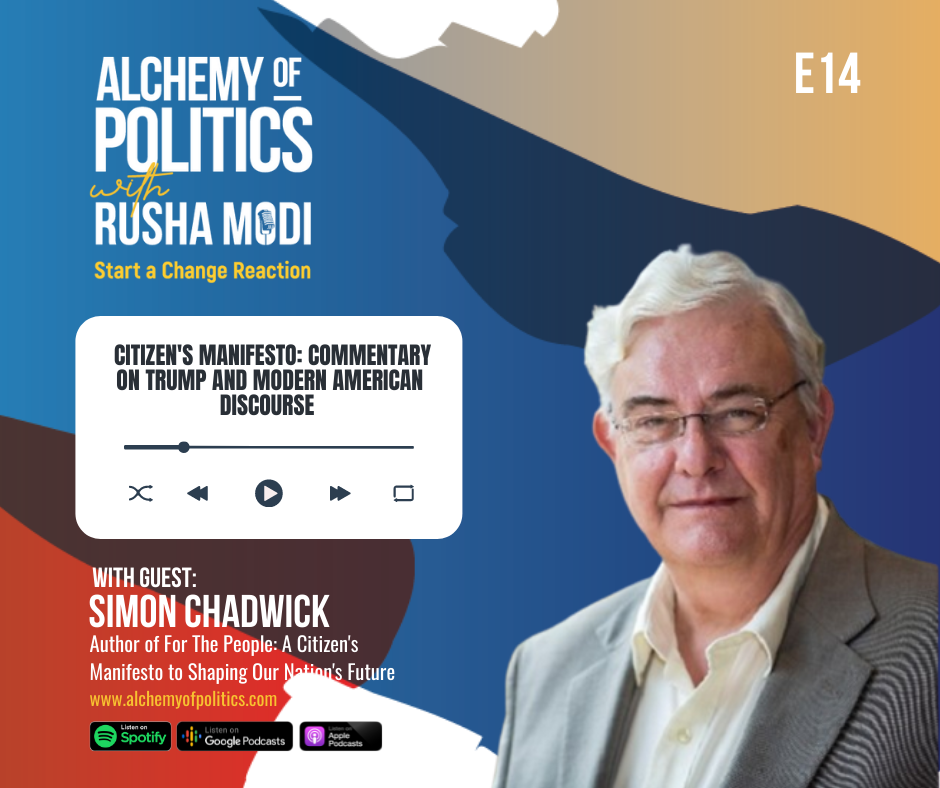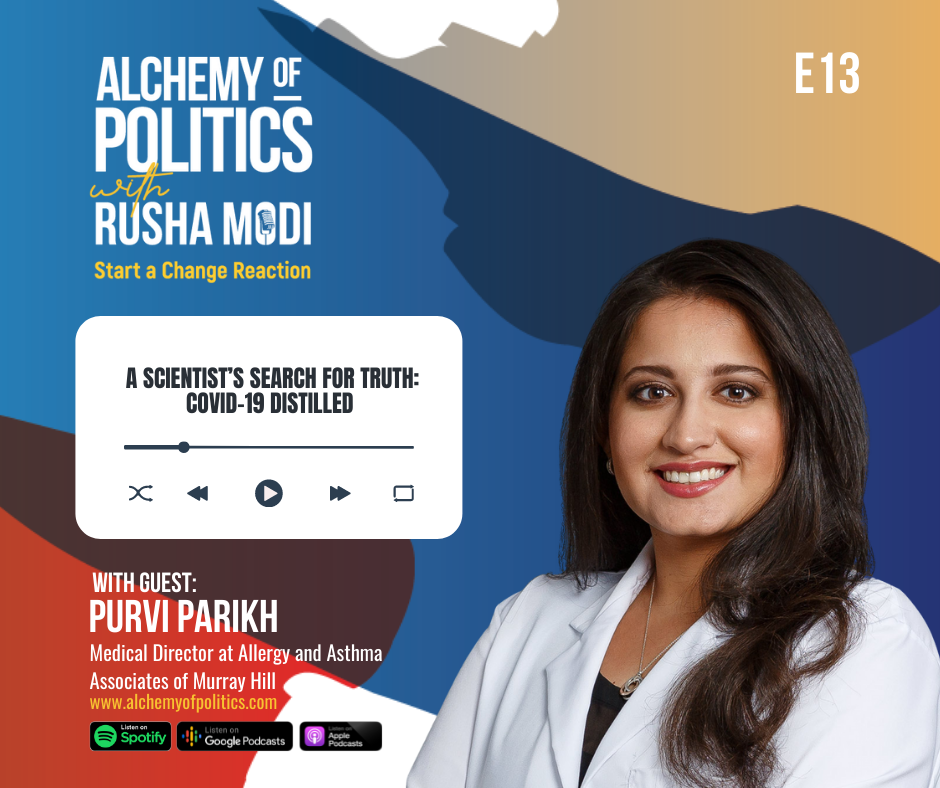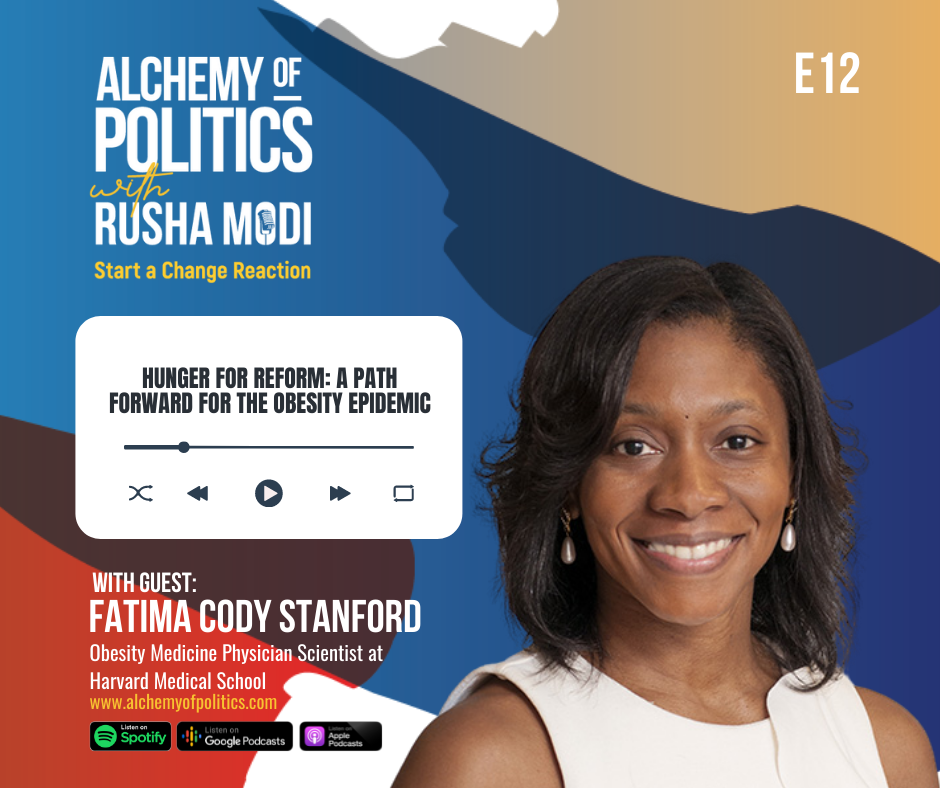In this episode, Rusha interviews Natalia Mehlman Petrzela, Natalia is a burst of energy, both professional, personal and physical. She is a historian of contemporary American politics and culture, an activist, as well as one of the most sought after fitness trainers in the country. She explains that the underlying ideology behind wellness is broadly appealing but can be claimed by conservatives and liberals alike, which makes it easy to sell. Listen as Natalia talks about how wellness is more than just the absence of illness, it encompasses a holistic approach to physical, emotional, and mental health.
Key Highlights:
[00:01 – 04:09] – Opening segment
Rush introduces Natalia Mehlman Petrzela!
She believes that wellness is more than just the absence of illness
She speaks of a holistic connection between physical, emotional, and mental health
[04:10 – 13:44] – Seeking Out Social Interaction and Human Connection with Exercise
Natalia discusses how wellness has become commercialized
Expensive products and services are becoming commonplace
Commercialization has led to wellness becoming inaccessible for many people
Bowling Alone: The Collapse and Revival of American Community by Robert Putnam
Exercise is growing in popularity again
People seek out social interaction and human connection over digital alternatives
[13:45 – 34:44] – The Obsession in Modern Culture
Natalia explains that it’s more important to be deliberate about thinking about what’s going to get people out the door
The body has become a topic of obsession in modern culture
You can have control over
Morally good or bad
Fitness culture has become a way to discipline the body
[34:45 – 50:54] – The Politicizing of the Public-School Sector
Natalia argues that we have created a level of tribalism around issues such as vaccines, boosters, and quarantine that has become the central debate of the last two years
She explains how equity and social justice are not being upheld when strict regulations are put in place
She feels that public schools are essential and should be one of the first things to prioritize when it comes to keeping children healthy
[50:55 – 58:21] – Closing Segment
Natalia discusses the challenges that America is facing with regards to wellness, and how structural changes are necessary in order to move forward
She points out that wellness should be a community-based effort, and that access to healthy food, recreation, and healthcare should be available to all
Connect with Natalia at her website, get her book: Fit Nation: The Gains and Pains of America’s Exercise Obsession, Welcome To Your Fantasy Podcast, and Past Present Podcast!
CRAVING MORE?
What are you waiting for? Head to Alchemy of Politics; join the conversation and start a change reaction! Follow us on Instagram and Tik Tok.
You can connect with Dr. Rusha on LinkedIn, Instagram, Facebook, and Twitter.
Thanks for tuning in! If you liked my show, LEAVE A 5-STAR REVIEW, like, and subscribe!
Share it with your friends, and family, and spark a conversation. Contribute, comment, and disagree.
Remember: Solutions, not shouting.
Tweetable Quotes:
Natalia Mehlman Petrzela – “I think people are realizing that, home fitness is great, it’s convenient, there are so many great things about it. I don’t think it’s going away; it is almost impossible to replicate what you get from being with other humans in space and moving together.”
Natalia Mehlman Petrzela – “People are finding community through fitness, and it’s not this purely individualistic project of self-improvement or physical improvement.”
Rusha Modi – “Access, opportunity, and inclusion. Those are the ways to move forward.”

